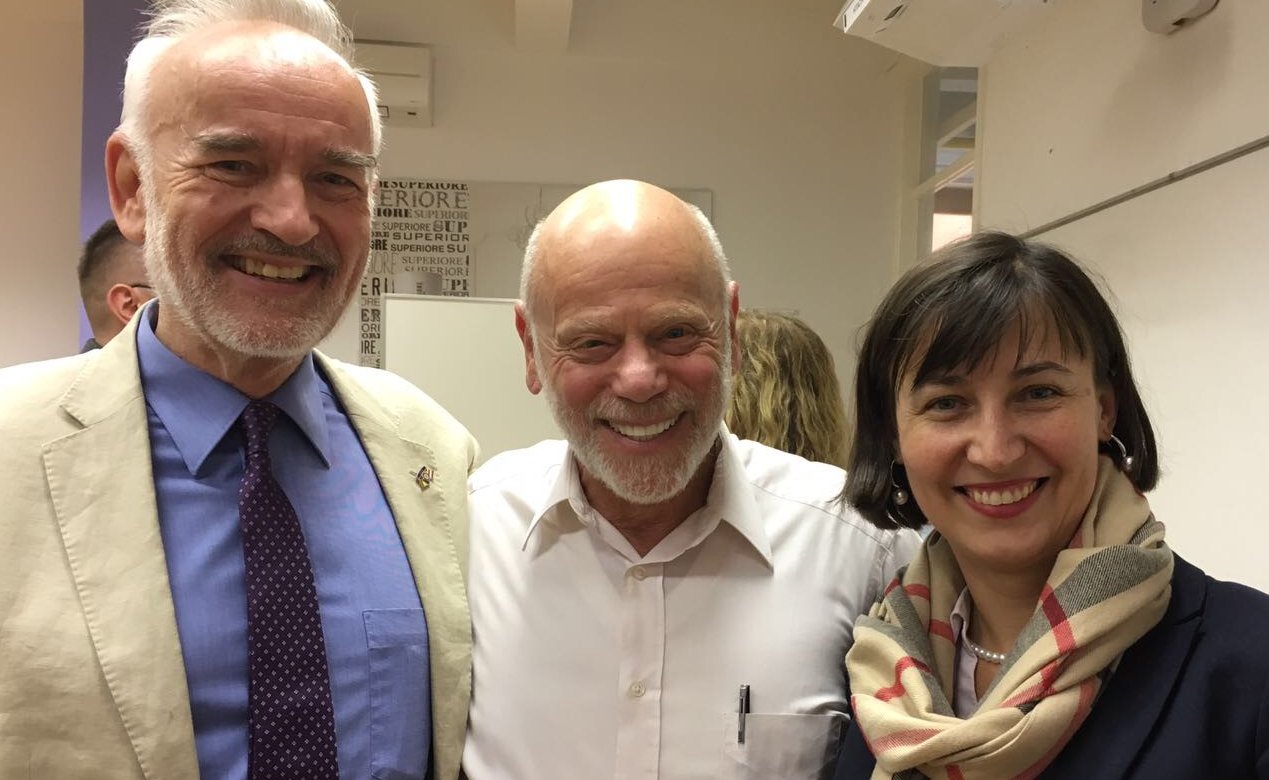Mediation Preparation
What is Mediation?
- Mediation is an informal process in which the parties discuss their dispute(s) in the presence of an impartial person, typically referred to as a neutral, who assists them in resolving the matter.
- Mediation is completely voluntary and any resolution must be acceptable and agreed upon by all the parties to the mediation.
- Mediation offers the advantage of informality, with reduced time and expense needed to resolve disputes, as well as minimizing workplace disruption.
- All discussions are held in the strictest confidence, no records or files are maintained by the Mediation Office.
A copy of the resolution agreement is maintained for cases where resolution is achieved. All notes taken by the neutral or the parties to mediation are destroyed at the conclusion of the mediation and prior to departing the location of the mediation.
- Sometimes it may be helpful to share information with the other party in order to facilitate resolution of a matter. However, this will NOT be done without the party’s express permission to do so.
- Mediations are usually conducted in the conference room at the Mediation Office in order to promote the neutrality and confidentiality of the process.
What occurs during Mediation
- The process occurs in a very private and informal setting. Typically the parties as well as the neutral sit around a table.
- The neutral makes an opening statement including the establishment of ground rules regarding the process and conduct to be followed by the parties.
- Then each party will have an uninterrupted opportunity to present the issue from their point of view.
- Once the issues have been defined, the parties generate settlement or resolution options. The neutral may ask clarifying questions or meet with the parties jointly or separately, in what is called a caucus, in order to help them explore settlement possibilities.
- If resolution is attained, the agreement is formalized in a written Resolution Agreement, which is a binding agreement.
- All communications within the context of mediation are privileged and may not become the subject of a complaint.
- Parties are asked to keep confidential all discussions that take place during mediation.
Representation
Participants in mediation may be represented by persons of their choice. The names and telephone numbers of such persons shall be communicated to all parties prior to the scheduled mediation date and time.
Under circumstances where employees are represented by a Union, the Union may elect to have a representative attend the mediation.
WHY MEDIATE?
- It’s Flexible:
Mediation provides a non-adversarial opportunity to resolve issues, concerns and disputes that are inevitable in the workplace. Mediations are scheduled promptly, usually within a week of receipt of the request.
- It’s Confidential:
Information disclosed in the course of the mediation shall not be divulged. All records, reports, or other documents received by a mediator while serving in that capacity shall be confidential. The mediator shall not be compelled to divulge such records or to testify in regard to the mediation in any adversary proceeding or judicial forum.
- It’s Private:
Mediation sessions are private. The parties and their representatives may attend mediation sessions. Other persons may attend only with the permission of the parties and with the consent of the mediator.
- No Records:
There shall be no written record of the mediation process other than a copy of the resolution agreement for those cases that are resolved.
- Neutral:
Mediators, often referred to as neutrals, are unbiased third parties. They are NOT employee advocates or management representatives. They are not judges and have no authority to make decisions. Their only objective is to assist the parties in achieving mutually acceptable resolution of disputes.
Termination of Mediation:
The mediation may be terminated by the execution of a Resolution Agreement by the parties or by a declaration by the parties or the mediator that further efforts at mediation are no longer productive or worthwhile.
- Exclusion of Liability:
The mediator is not a party in judicial proceedings relating to the mediation.
- Date, time and place of Mediation:
The mediator shall fix the date, time and place of each mediation session. Efforts are made to conduct the mediation session away from the worksite of any of the parties involved. Mediations are usually conducted in the conference room at the Alternative Dispute Resolution Office in order to preserve the neutrality and confidentiality of the process.
- Authority of the Mediator:
The mediator does NOT have the authority to impose a settlement or resolution on the parties but will attempt to help them reach a mutually satisfactory resolution of their dispute. The mediator is authorized to conduct joint and separate meetings with the parties. The mediator is authorized to end the mediation whenever, in the judgment of the mediator, further efforts at mediation would not contribute to a resolution of the dispute between the parties.
- Primary Advantage of Mediation:
The parties to a dispute are encouraged to exercise considerable flexibility and creativity in working together to reach a mutually acceptable resolution thus improving communication, ownership and increasing in the likelihood that the resolution will be long lasting.
They retain control over the outcome of the process. Disputants have nothing to lose since they retain the right to return to court.

